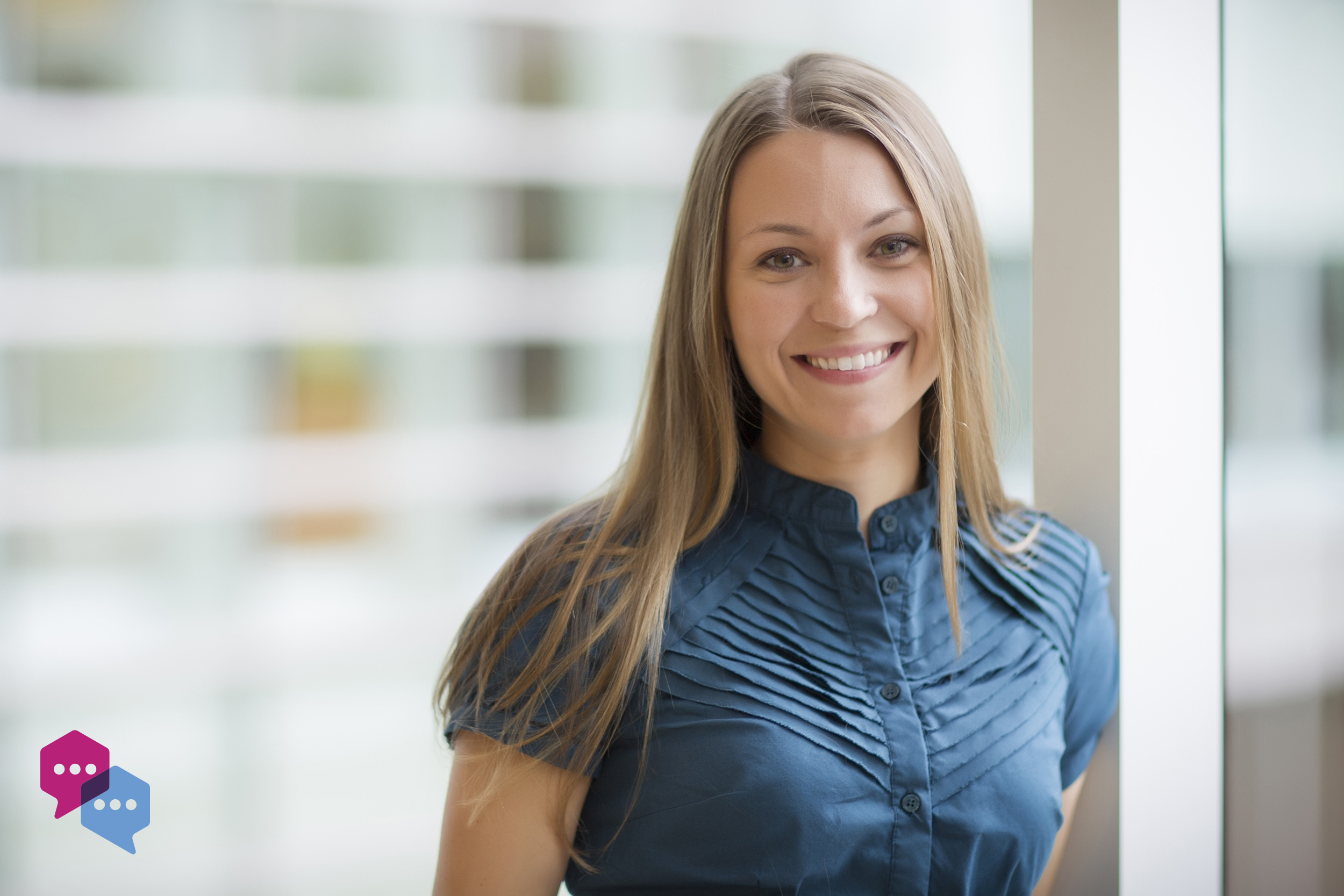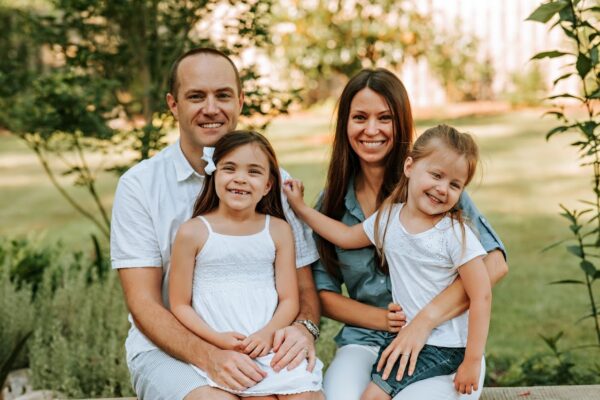Q: When you were a child, what was your response to this question: “What do you want to be when you grow up?”
A: From my earliest memory, a doctor. Coming from a family of musicians, I’m not quite sure what fascinated me about the field, but if I had to guess, it all started with my pediatrician Dr. Lezek. He was an older man, kind and calm. Even as a child, I remember watching him listen intently to my mother’s concerns — then look pensively out the window and calmly suggest a solution. I have always been drawn to that form of problem-solving, and I love that part of medicine.
But that’s not all of it. I also love the humanity. I enjoy meeting new people, learning about their family and culture, and sharing in the emotions that make us uniquely human. During my early years, I grew up in my grandmother’s beauty salon. I listened to stories and watched my “baba,” as I called her, interact with her customers. It was there that I learned how to listen and develop trust.
Q: Share the pivotal moment in your life that helped you choose your field of study.
A: During medical school, my friends and family would ask me, “What kind of doctor are you going to be?” My unwavering answer was always, “I’m not sure — but definitely not a surgeon.” I surprised myself during my third year of medical school when I realized I loved surgery. I was drawn to the ability to work with my hands. It reminded me of music — a combination of technique and art.
My surgery rotation ended with a short two-week stint in urology. I recall my first day in Dr. Carson’s men’s health clinic, meeting men who knew him extremely well over the years and who trusted him with their most private issues. I realized that this field was what I had been searching for.
Q: Tell us about a time you encountered a tricky problem. How did you handle it and what did you learn from it?
A: There’s nothing like being in the operating room and using an instrument in an innovative way to solve a problem. During training, I recall observing that a large proportion of patients would end up readmitted following bladder removal surgery. Were readmissions preventable? If so, which ones? How could one prevent them? I worked toward a solution by incorporating the patient voice into the equation.
I first approached patients and caregivers who had been readmitted. What was their experience? I published my findings and used the common themes that emerged to form the foundation of a mobile health intervention that would help these patients who struggled at home following a major surgery. Through this experience, and many others that followed, I have come to embrace the process of problem-solving, not necessarily the result.
Q: Describe your research in 5 words.
A: Engaging patients for better care.
Q: What are your passions outside of research?
A: Since I was young, I have had a passion for music and enjoyed playing violin in the orchestra and piano and organ in our church. I became a music major at UNC, which was one of the best decisions of my life because it began my career at an institution that values patient care and faculty growth, and I met my husband of 16 years. I still play with my family – there is no greater joy than watching my daughters learn to play violin, experiment with the piano and drums, and holding “family jam sessions” together.
Aside from music, I also enjoy organization. From cleaning out the garage to reorganizing the kids’ toys to solving complex academic problems, I see all of these as puzzles. I enjoy the challenge of transforming a “mess” into something efficient, effective, and valuable.



